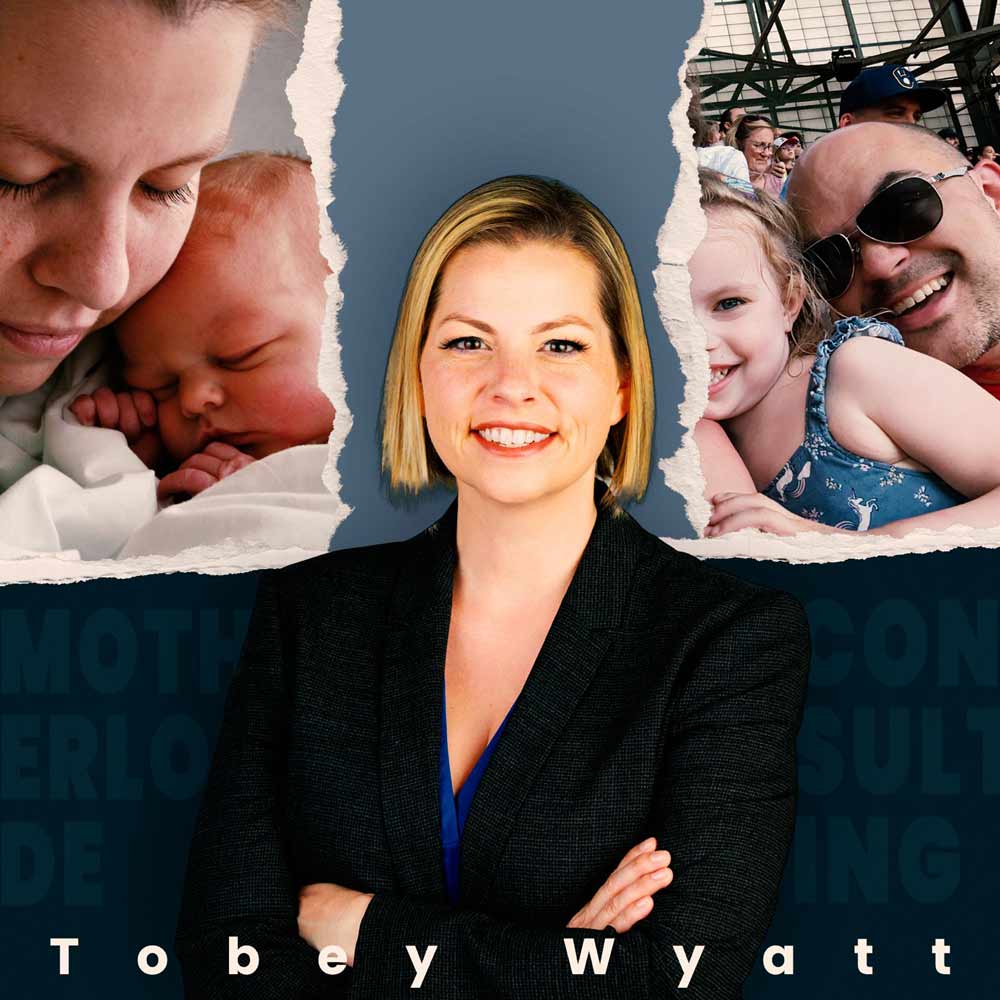CATEGORIES
Breaking Stereotypes | Entrepreneurship | People We AdmireOverview:
- Tobey Wyatt, CEO of Motherlode Consulting, shares her journey in navigating through the zig-zag path of life.
- Through trial, error and conflict, Tobey finds life’s constant ups and downs to be blessings in disguise.
- Tobey believes everything she has experienced thus far in life shaped her into the person she is today.
1. Can you share the story behind the creation of Motherlode Consulting and how your journey led you to start a consultancy focused on streamlining business operations?
My career journey has been very zig-zag. I studied to be a high school math teacher but couldn’t find a position when I moved to Chicago. Following a different path from what I had planned was disappointing, but ended up being great for me. I went from Executive Assistant to VP of Operations at a scaling startup in just a few years, and that’s where I really cut my teeth, learning how to work in business operations across multiple functions. After that, I went to a massive global company, joining their HR department as Chief of Staff. Here, I was working with the people, connecting dots, building tools, and making sure that all the right people were working together.
That started the trajectory of what became Motherlode. I came up with the idea when I was laid off for the first time and spent a year unemployed, which was incredibly painful. I later landed another large corporate job that was way beneath my skill set. I was eight months pregnant then, so I worked for only a couple weeks, and I went on maternity leave. I came back as soon as possible and worked full-time remotely while taking care of my baby. Unfortunately, I got laid off again three months later. I was terrified, thinking, “Oh gosh, I’m going to go back to this horrible job search again,” and I did. I wasn’t attracting the kind of jobs I wanted. Eventually, I ended up landing three contracts at a company offering virtual chief of staff services.
While I viewed my diverse challenges as learning opportunities, I reached a point where I realized that I wasn’t being offered enough, and I wasn’t able to secure enough work, so I decided to make it on my own. Luckily, my husband encouraged me to explore this possibility. This is how Motherlode Consulting was born.
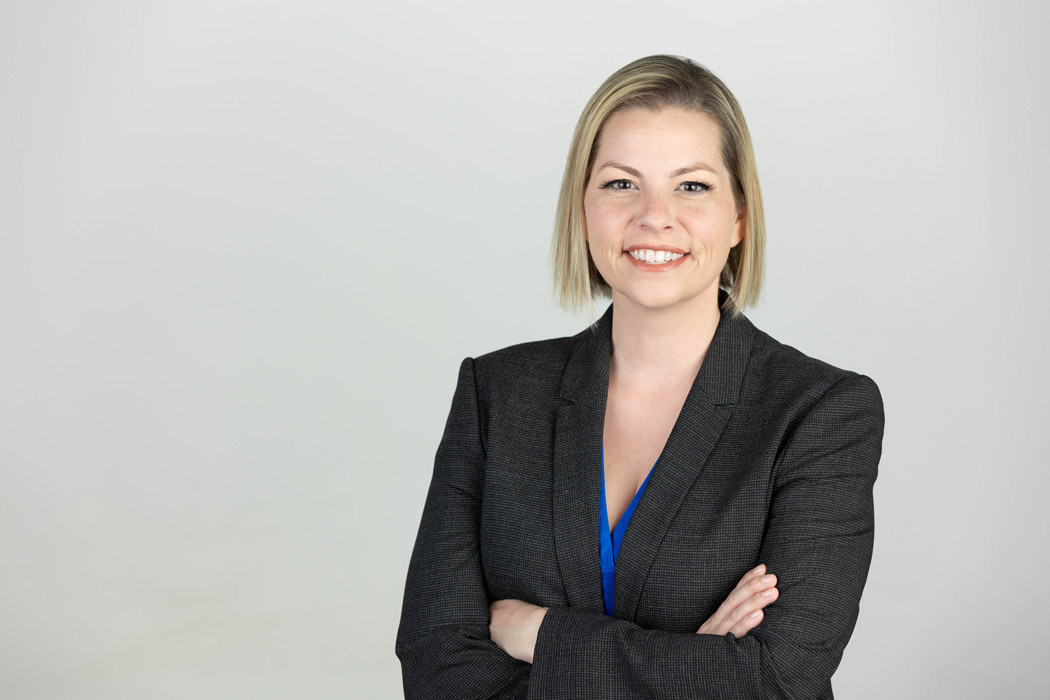
2. To what extent did your personal and professional relationships influence your career transformation, ultimately guiding you toward choosing the entrepreneurial journey?
I got married very young the first time, and it was not healthy because I did not know how to have a balanced relationship. I was able to grow my career, but it was always at my ex-husband’s capacity to say: “I’m okay with that,” instead of my saying: “This is something I want to do. We just need to find a way to make it work.” It was wonderful to experience the different kind of relationship that I now have with my husband. He has been supportive and always pushes me to think bigger. It’s been great, and we work really well together.
Financial dependence and, in my previous relationship, being the source of secondary income led me to think smaller for myself in the past. I needed to be available for my child even when I had big ambitions, so I needed to be ‘the flexible partner.’ In my current relationship, my husband takes that role. It’s nice to see that script flipped, but the counter to that is since I’m the main earner, the pain of unemployment is amplified. But even though we’re not taught what it’s like to be the main earner that the whole family depends on, it is great for women to have financial independence.
3. Is there a strategy that you always stick to when improving small businesses?
I love that, in my journey, I got to do both the functional operations and the strategic mindset; two sides of the same coin. Many small businesses function with the CEO figuring things out as they go along, so their business operations are a patchwork of solutions that come about as and when problems arise. It hasn’t commonly been thought through carefully as one cohesive unit. What I love about my experience is that everything I do is people-centric. We don’t want to create processes for the sake of it; it needs to be beneficial in creating an alignment and the culture that the client is looking for.
The other element that I’m passionate about is digging a level deeper to find out why things are the way they are. What I often find is that there is fear-based decision-making in many businesses, which is not the best way to make a decision. We unpack and talk through it, making better decisions once fear is not the central focus. For example, a CEO might be inclined to not let their employees handle any money because they are afraid of them abusing it. This means that the CEO needs to be involved in every purchase, which can be very time-consuming, especially since it’s not an activity that needs to be at a CEO level. So it’s really about uncovering those spaces where some illogical thought process was used and trying to correct that.
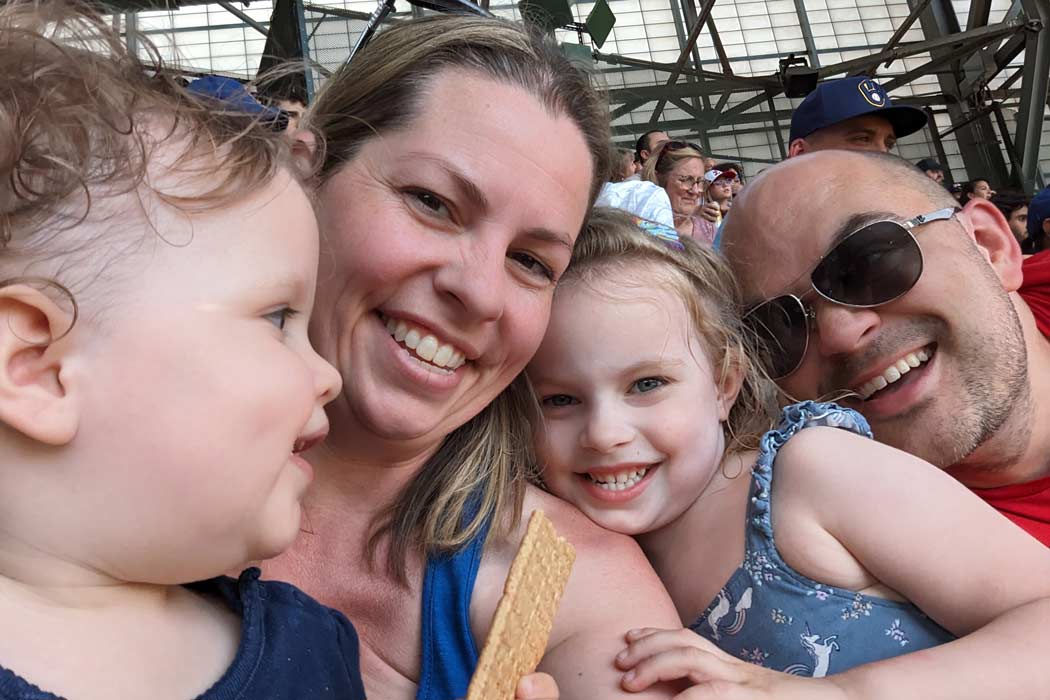
4. In your opinion, what values are important to assist one with knowing the difference between being self-sufficient and becoming selfish?
I struggle with finding that balance constantly, but I think that is how you find the balance. I might unconsciously find myself missing it with questions such as: “Am I a good enough mother while being this businesswoman I want to be?” Understanding that it is not always as simple and obvious as a yes or no answer is important.
I provide my daughters with an example of how they can be as adults; by letting them choose their own paths. Even though my career may take me away from little activities here or there, the hope is that I am making a greater impact on their lives by being transparent with them about the struggles I sometimes face in making decisions. I’m lucky enough to have a partner who doesn’t make me feel selfish if I need to change our plans because something came up. I’m heard, and we can have a conversation about different ways to approach things.
5. How do you overcome the obstacles that you encounter in your life?
My childhood was not typical. I went through a lot of difficulties– my parents got divorced when I was very young, and my brother and I got separated in that process. My mother sent me to my father’s and asked that I not come back. My stepmother was not kind to me. She was militant as she didn’t know how to handle this four-year-old who didn’t know how to operate in such a family. Because of all of that, I was very angry as a kid, and that played itself out in a lot of different ways. I moved nine times before my 18th birthday. I lived without running water and electricity for two years, living in the wilderness in a camping trailer.
I learnt to be agile, to be like water and flow where I could. I was on a path to not being a successful person. Up until fifth grade, my teachers would’ve told you that I’d get hooked on drugs, have a teenage pregnancy, get caught up in small crimes, and whatnot. Yet further life circumstances created an opening, wherein sixth and seventh grade, I took friendships seriously and found faith that worked for me. Those two things dramatically changed the course of my life, and I was able to flourish in spite of my situation. I can now overcome everything I face. For example, the period of unemployment was very painful, however, there was no other option other than waking up and moving on from the day before.
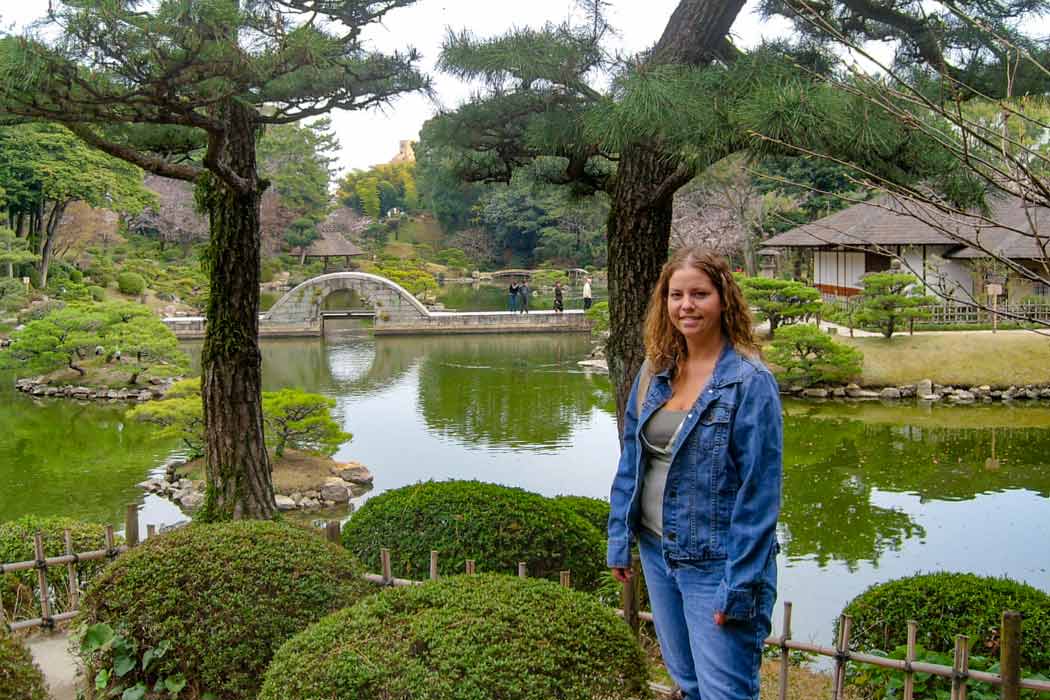
6. What advice would you give on working well with people?
Due to my upbringing, I became conflict-avoidant. I used to allow certain behaviors to continue that were unhealthy for me. But conflict is necessary even when it’s uncomfortable, and it must be done in such a way that allows people to not raise their defenses. When you have to approach conflict, tell the other person what you think their perspective might be. I work really hard to see everybody else’s perspective, and I may not get it fully right, but it helps to consider how you would think or act if you were in their shoes. Sometimes my “if” is not the same as their “if,” but it allows me to calm down my position so I can hear them out. It also gives them an opening to share with me so we can have a conversation.
With CEOs, I have to push them and provide resistance and conflict otherwise they are going to continue with patterns and behaviors that aren’t healthy for them, meaning I’m not doing my job. The other stuff is the typical assume-best intent. When you come into a conversation, don’t attack. Working with other people and figuring out how to solve their problems are the hardest challenges we face because everyone is different.
7. Do you have any mentors that inspired you through your personal and professional journey?
I’ve always struggled with role models. The moment you put someone on a pedestal, there is someone else who can’t win there. I resist heroes. However, there are people who have influenced me and impacted me, and one of the early role models I had was my maternal grandmother. She came out as a lesbian at a time when it wasn’t easily done or accepted in society. I lived with her and her partner, but I had no idea. To me, they were just two women living in the same house. I was in fourth grade, so I didn’t care– it wouldn’t have mattered either way. What was really interesting is that it only dawned on me when I moved back with my dad and stepmom much later. Ever since then, I’ve realized the fact that her life wasn’t easy, and yet she made the choice to love this person. This is one of the reasons why I do the Trevor Project counseling now, which is working with LGBTQ+ youth facing challenges.
Additionally, my mother shared a story with me of her being raped when she was in college and how deeply that impacted her life. That shaped my relationship with my friends, where I was a momma bear to all of my friends. I wouldn’t let them go unless I understood they knew what they were doing. I always watched out for my friends because my mother’s friends didn’t watch out for her. It has also made me more transparent with my daughters about tough topics. I made some bad choices when I was young, and nobody guided me on the right path. Yet I had urges and desires, interests that nobody was talking to me about.
When people are in pain, they hurt other people. When you think of a person’s choices, you have to consider their life experiences. You can’t just pick something out and blame them for everything. It’s a whole ecosystem of how they were raised and what happened to them. That just leads me to how I do my business now. Let’s look at the why, let’s dig deeper, and see if we can’t resolve some of these things that become underlying because we are making uninformed decisions off of them.
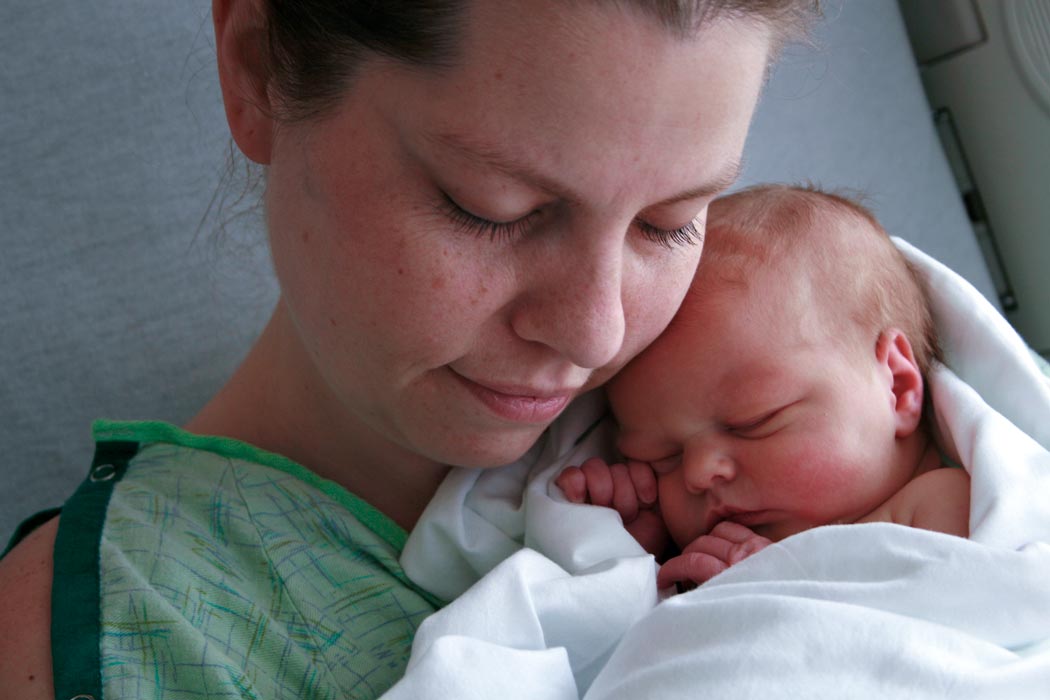
8. Is there a mantra/quote you live by?
“Try to think about the whole person.”
This is something I think about as I start to really embrace conflict. I need to calm myself down because it triggers a lot of negative physical reactions. Whether it’s my cheeks flushing or my body feeling hot and cold at the same time, calming myself helps me acknowledge all of that while doing the same for the other person.
Conclusion:
Tobey believes that dealing with life’s tough challenges has the transformative power to teach resilience, adaptability and self-discovery. Balancing independence and parenthood is a tricky path, but is a satisfying one when managed efficiently and effectively. She strongly advises to remember to “Try to think about the whole person,” as it is the first step towards compassionate leadership.

